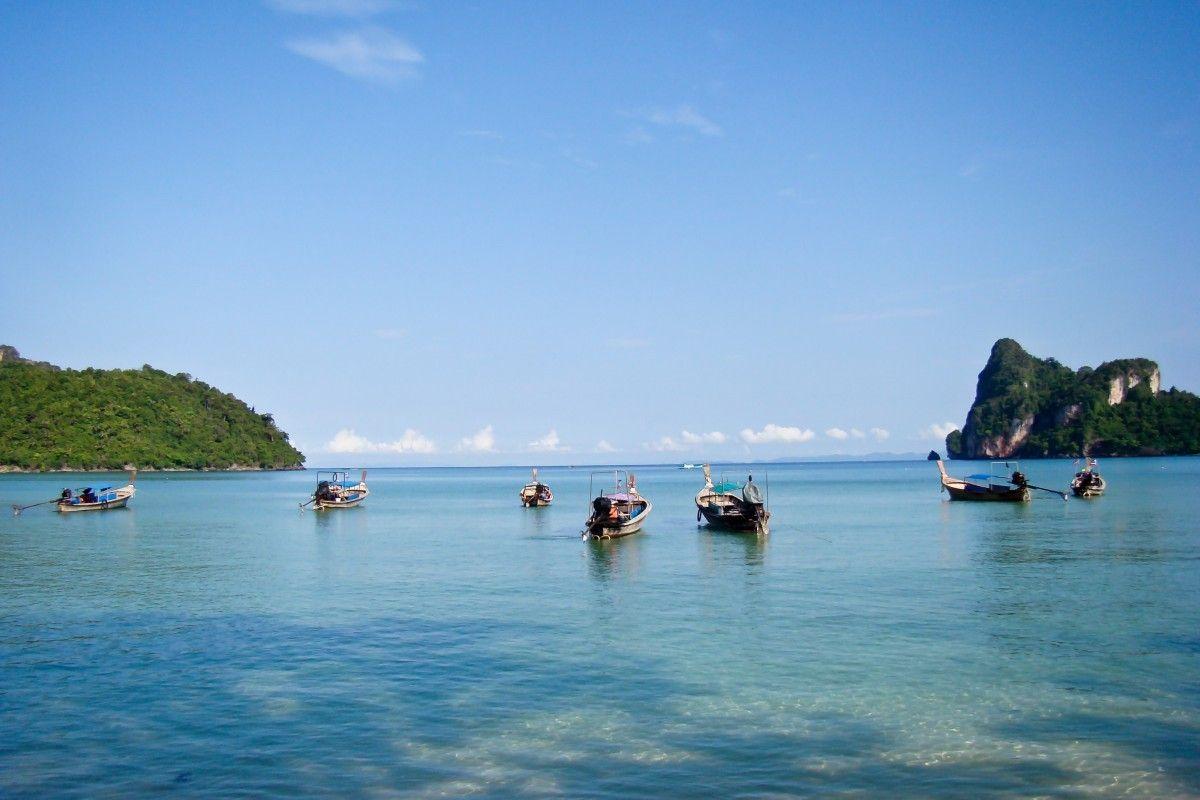Industrial trawling in artisanal fishing areas affects small fishermen's access to marine resources, experts said during the event “A Change in the Sea for Small-Scale Fisheries” at the United Nations Conference on the Oceans.
“Trawl fishing, the practice of dragging a heavy net in chains across the seabed to catch fish, is the most widespread human distortion on the seabed in the world... it's the equivalent of almost an activity where you go and clear the forest to catch a rabbit,” said Essam Yassin Mohamed, acting director general of the non-profit organization WorldFish, on July 1.
He highlighted that artisanal fishermen are often marginalized by public policies and investment decisions, despite the fact that they employ more than 90% of the global fishing sector and represent more than 50% of fish production.
Conflicts with industrial fishing are at their peak in trawling, said the specialist at an event organized by the Blue Ventures organization and the Coalition to Transform Bottom Trawl, a front of 54 organizations that requires nations to stop this practice.
“From Senegal to Eritrea, from Mozambique to Myanmar, Bangladesh, Albania. It's shocking how the international community is linked by common local problems. And I think when I talk about this problem of the conflict between small-scale fishermen and particularly trawlers,” Mohamed said.

Essam Yassin Mohamed. Photo: Special
The Coalition argues that trawling is potentially negative because of environmental, socioeconomic and climate impacts.
Although it is pointed out that this practice is harmful to the seabed, it highlights that it is a threat to the food security of local fishermen.
About 19 million tons per year are extracted worldwide using this technique, which contribute to about a quarter of global landings.
“Within 65 years, trawlers have discarded more than 400 million tons of undirected marine life on board (incidental, by fish that had no interest in fishing). With an economic value of 560 million dollars,” said Shakuntala Haraksingh Thilsted, winner of the 2021 World Food Prize.
On this account, discussions surrounding trawling cannot be dissociated from the Sustainable Development Goals, grouped in number 14, the expert stressed. In particular, goal 14 B, which highlights the importance of facilitating artisanal fishermen's access to marine resources and markets.
Role of governments
Some governments have sought to restrict the impacts of industrial trawling to empower artisanal fishers. This would be the case in Thailand.
The director general of the Thai Fisheries Department, Chalermchai Suwannarak, announced at the event that his government would stop issuing commercial licenses to trawlers. “There will be no more registration of boats and licenses for new trawlers.”
This year Thailand is preparing a program with a budget of 40 million dollars to discourage trawling.
Vessels that are completely dismantled under the supervision of the authorities may request compensation.
Thailand also has a boat buy-back scheme to eliminate trawling vessels.
“Now there are 1,838 fishing vessels that prefer to leave the system, including 541 trawlers whose repurchase cost the government 30 million dollars, these trawlers are our first priority in this repurchase scheme,” said the official.
Since 2015, the Asian country has decreed that the three nautical miles from the seashore should be for artisanal fishermen, while considering fines for those who do not comply with regulations.



Comentarios (0)